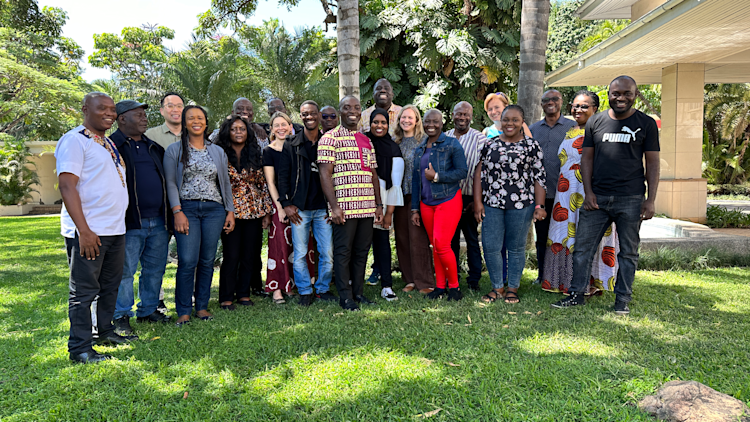
There are many ways to effect social change – however, the innovative application of technology has become a vital tool in tackling some of the world’s toughest social challenges. From drones transporting medicine, to interactive and anonymous text based helplines providing support and advice, the potential for social impact is vast.
Today Comic Relief has released a study which looks at emerging technology, helping us to better understand the role of tech as a development tool in Sub-Saharan Africa. Written by Madeira-ITI and developed in partnership between Comic Relief, Indigo Trust and Nominet Trust, the report explores what improvements in social tech would make the greatest impact. It highlights the ways in which tech can be applied and nurtured to accelerate social change in the most disadvantaged and rural areas.
Below are three key learnings identified from the research:
Funders should listen to a local agenda – The future development of tech in Sub-Saharan Africa needs to take in to account the agenda set by local social tech entrepreneurs. This way their investments will target locally appropriate ways to build more inclusive, just and suitable alternative technologies, we need to practice more inclusive, just and appropriate funding.
Society leads, tech follows – Funding has largely been focused on building the ‘supply’ side of social tech, with an emphasis on nurturing tech founders. There’s an opportunity to flip the funding model to look at the ‘demand’ side, looking to community-based organisations to define the challenges and shape how tech responds to them and their needs. Identifying and unlocking the demand first will allows us to supply the most effective tools.
Successful funding supports more than just individual projects – This report challenges us to think about tech as more than just an app or an electronic device, but as a blend of knowledge, intelligence, time, labour, organisation, money and law – a combination that shifts and changes over time. Good funding can provide flexible support to grow and change the elements that nurture social tech – through mentorship, flexibility, networking, infrastructure support and more. This makes an investment in social tech an investment in society – even when a specific tech project doesn’t succeed.


